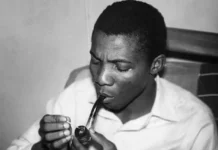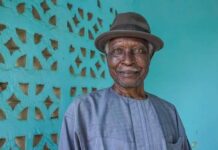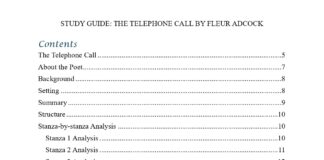Ace Literature-in-English this exam season with our SSCE Study Guide Bundle. 14 exam-ready guides worth over ₦25,000 now available for ₦10,000. Limited offer, 4th–15th February.
Further Details Here
Born: 1931, District Six, Cape Town, South Africa
Died: 1989, Cape Town, South Africa
Notable Roles: Short Story Writer, Novelist, Editor, Critic, Dramatist, Educationalist
Richard Moore Rive was one of South Africa’s most influential literary voices, known for using fiction and critical commentary to challenge apartheid, promote non-racialism, and contribute to the growth of modern African literature.
His legacy spans powerful short stories, a banned protest novel, and decades of literary and editorial contributions that shaped postcolonial African thought.
Early Life
Richard Rive was born in District Six, a vibrant, multicultural neighbourhood in Cape Town that was later demolished under apartheid’s forced removals.
His experience in this racially segregated environment profoundly influenced his literary focus.
Rive pursued higher education with notable academic achievements:
- University of Cape Town – Bachelor’s and Master’s Degrees (1962, 1968)
- Columbia University, USA – Further studies (1966)
- University of Oxford, UK – Doctoral research on Olive Schreiner (1974)
These international academic experiences enriched his literary perspective and exposed him to broader pan-Africanist and Harlem Renaissance ideals, both of which subtly infuse his work.
Literary Contributions
Richard Rive’s work is most closely associated with the Drum generation, a group of post-World War II Black South African writers who published in Drum magazine, blending protest literature with vivid storytelling.
Some of his notable works are:
- African Songs (1963): A landmark collection of short stories including “The Bench”, a powerful protest against racial segregation in public spaces.
- Emergency (1964): A politically charged novel set during the 1960 Sharpeville Massacre, it was banned in South Africa for its anti-apartheid stance.
- Writing Black (1981): Rive’s candid and compelling autobiography detailing his literary journey and life under apartheid.
- “Buckingham Palace”, District Six (1986): A moving tribute to the community of District Six and its forced removals.
- Emergency Continued (1990): A sequel to Emergency, published posthumously, reflecting on South Africa’s ongoing crises.
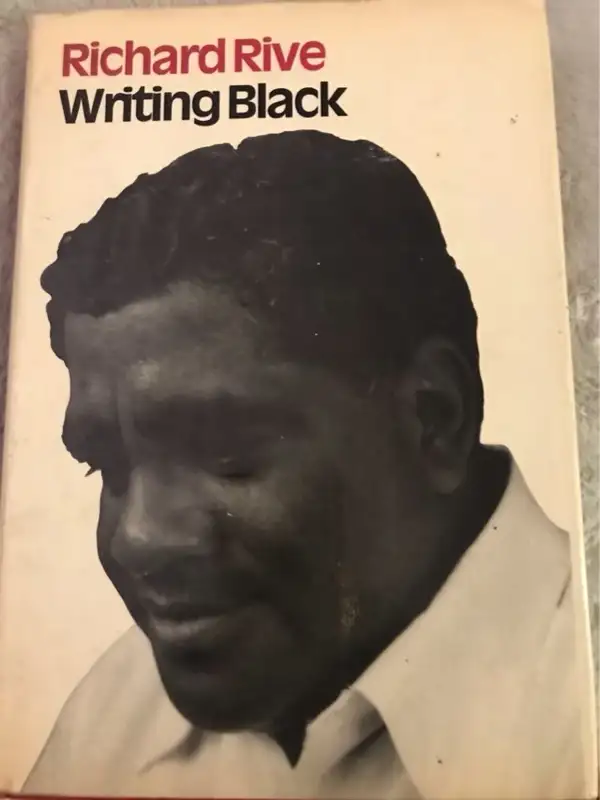
In addition to his fiction, Rive made lasting contributions as the editor of key anthologies, including:
- Modern African Prose (1964): An important collection that helped define and promote a modern African literary canon.
Legacy
Rive’s work is celebrated for its unflinching realism, sharp social critique, and deep moral commitment.
His stories often centre on ordinary people navigating extraordinary oppression within urban Black communities.
Although he wrote novels, Rive’s reputation rests primarily on his short stories and plays, which are regarded as some of the finest in South African literature.
His storytelling is marked by:
- Commitment to non-racialism
- Advocacy for artistic merit in African literature
- Pan-African and Black consciousness influences
He also engaged with global Black movements like the Harlem Renaissance. He drew inspiration from African American writers like Langston Hughes and Richard Wright.
Death
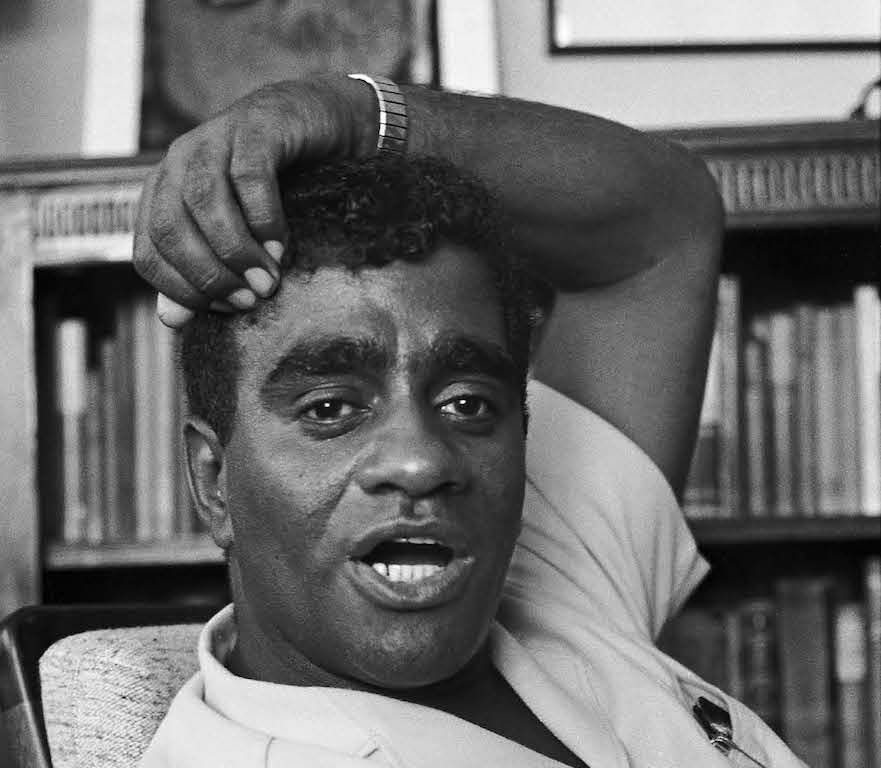
Richard Rive died tragically in 1989. He was murdered in his Cape Town home just before the formal end of apartheid. His work is taught in schools and universities as a vital part of South Africa’s literary heritage.
For readers and students of African literature, Rive’s work is undoubtedly a gateway to understanding the emotional and political landscape of South Africa in the 20th century.
Receive Literary Updates through our Social Media Channels:
- WhatsApp: Literature PADI
- Telegram: Literature PADI
- YouTube: @literaturepadi
- Facebook: Literature PADI



